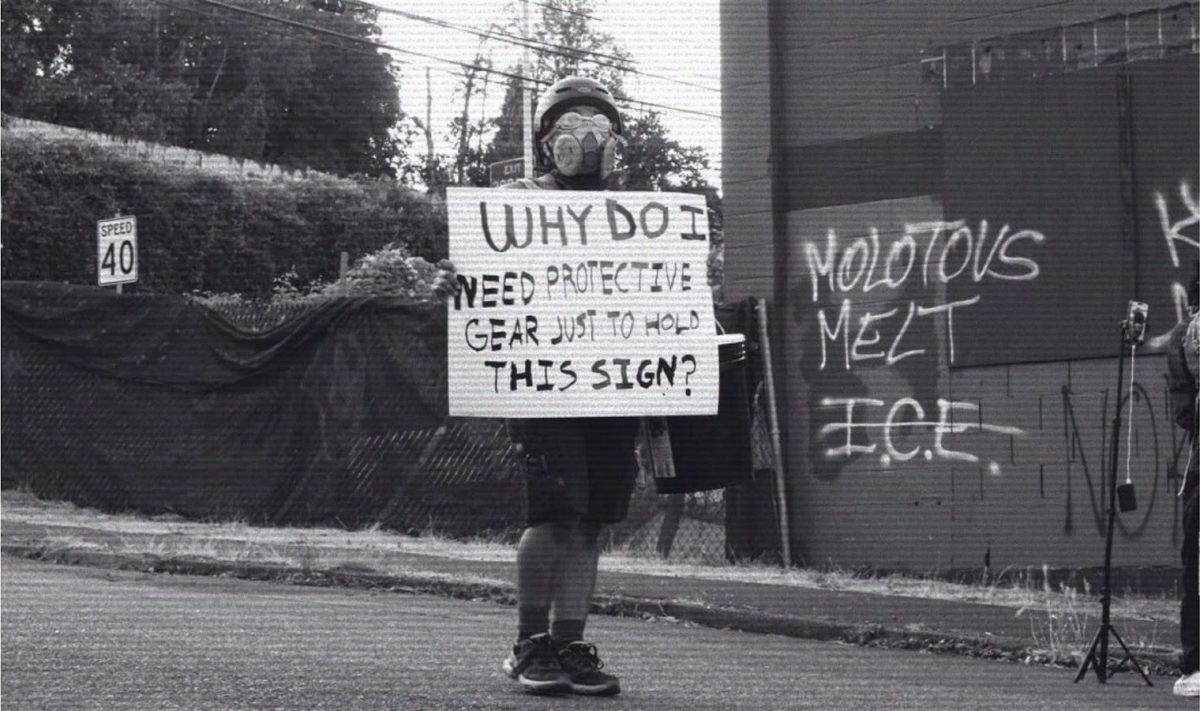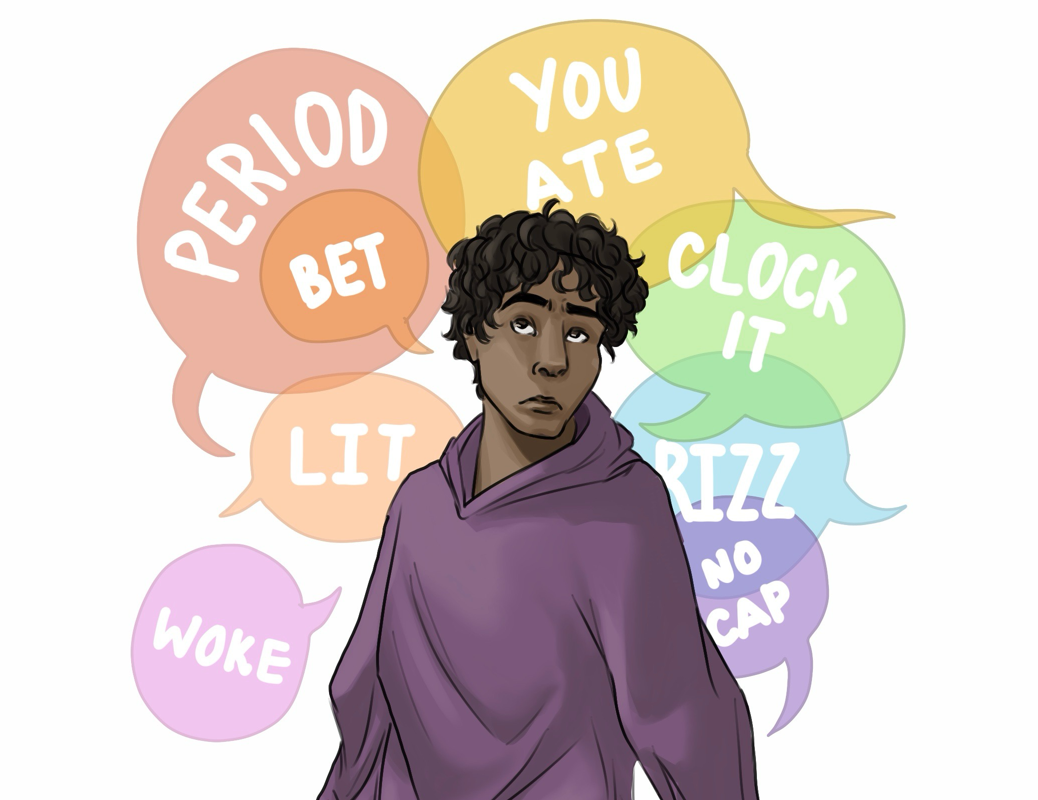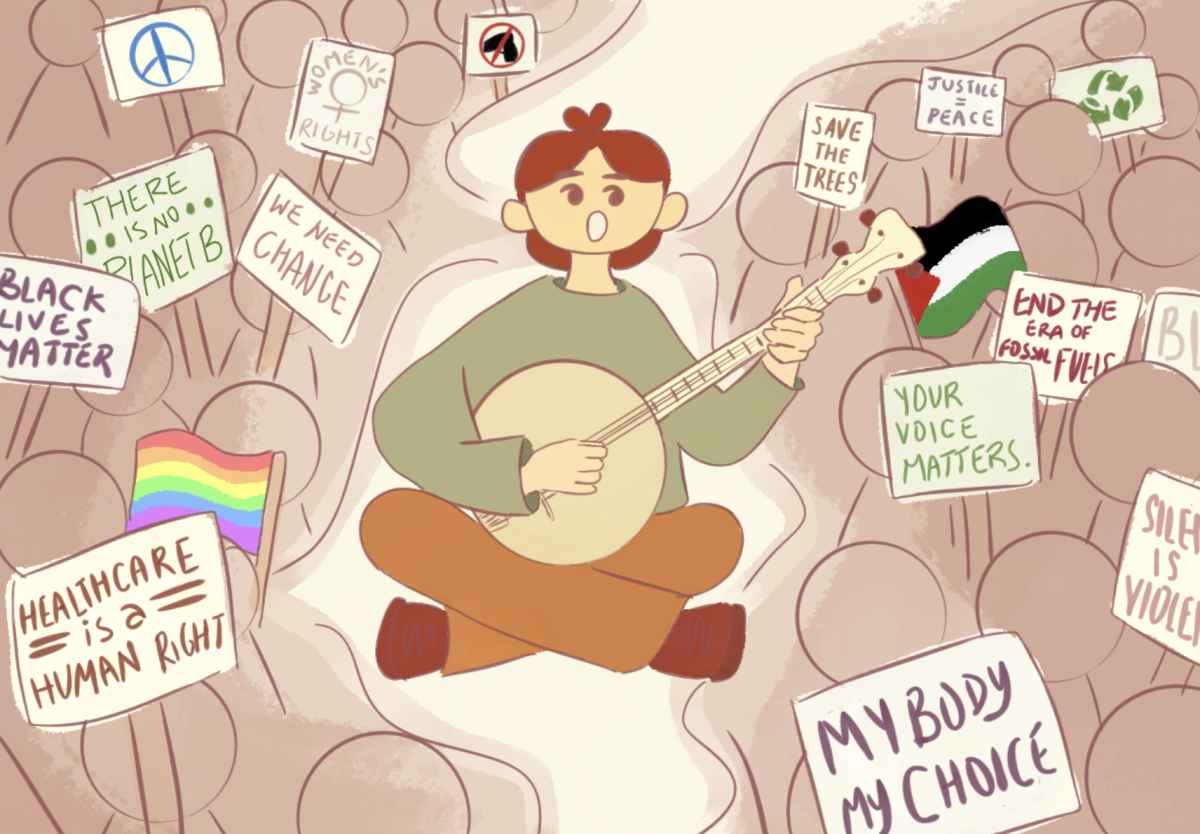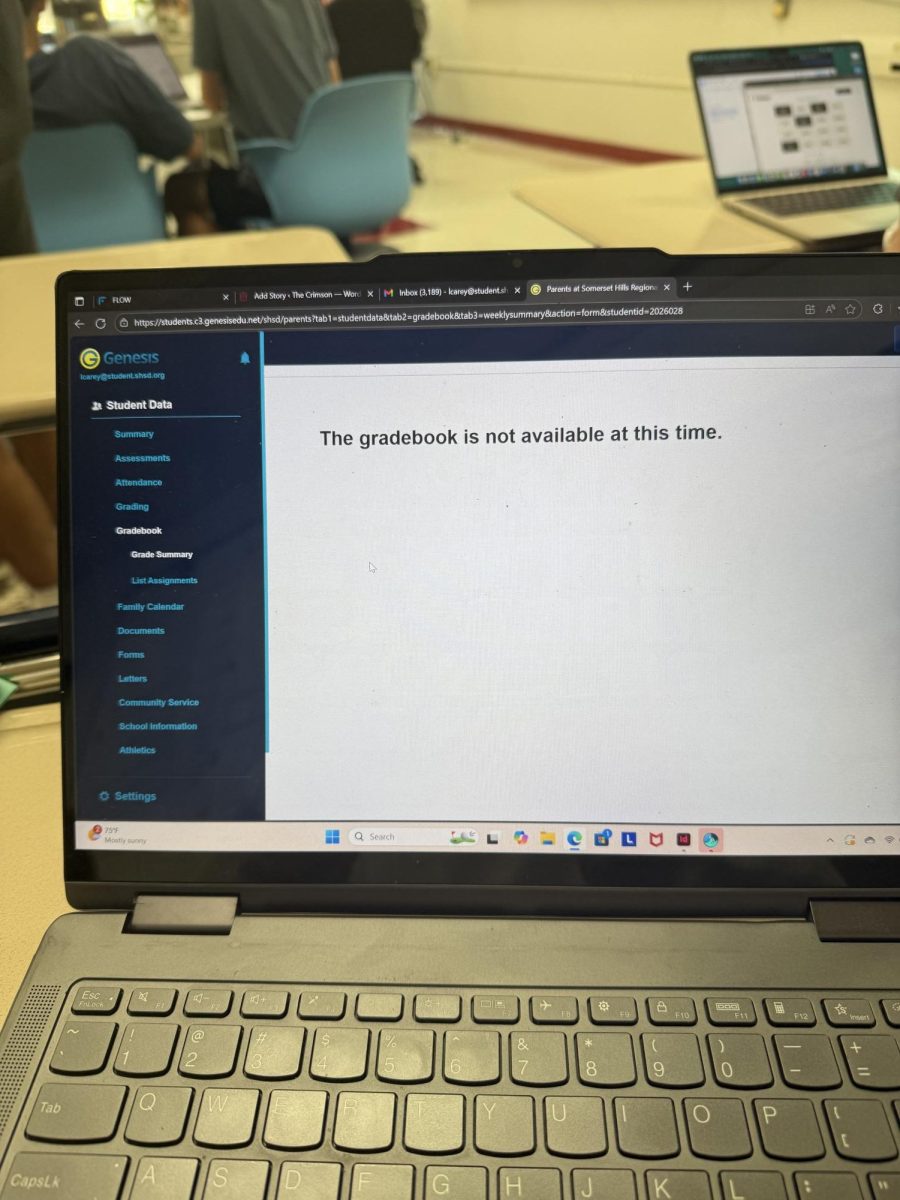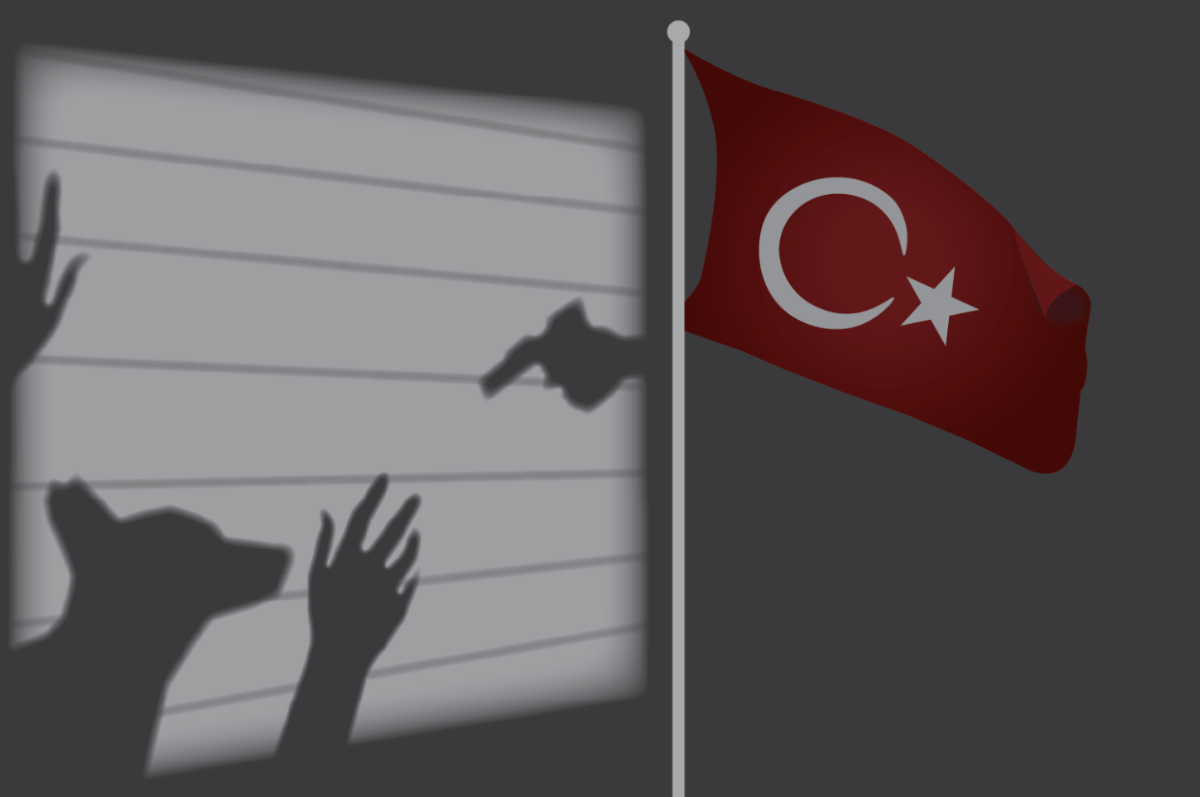As a Turkish teenage girl living far from home, I am constantly confronted by heartbreaking news that echoes through my living room. With every tragic story, a piece of myself aches for the country I left behind. Activists are fighting for the innocent lives of dogs and are raising their voices for justice for the women who have been brutally taken from this world. These stories continuously leave me feeling indebted as my homeland sinks deeper into a crisis that goes beyond mere political and economic instability.
The epidemic of violence is targeting some of the most vulnerable in the nation — women and animals. And yet, to the rest of the world, these tragedies remain invisible and dismissed.
Narin Güran from Diyarbakir, Turkey, was only eight years old when she was murdered by her male family members Aug. 21. Her death shook the country and fueled public outrage. According to The National News, her case — symbolizing the larger violence against females — has sparked ongoing protest and called for systemic reforms to protect the vulnerable.
Narin’s death isn’t an outlier. It’s symptomatic of a much larger problem: the Turkish government’s inability to protect its female population. Every year, hundreds of women are murdered, and according to Hürriyet Daily News, 315 women were reported as murdered in 2023 alone. Yet, justice remains elusive. Turkey’s legal system frequently allows perpetrators to walk away with reduced sentences, often by citing “provocation” under Article 29 of the Penal Code. This provision has been repeatedly used to justify leniency towards men who claim they were provoked, implying that their female victims deserved the violence inflicted on them.
>Unfortunately, the violence doesn’t stop with women. It extends to another vulnerable population — stray animals. Turkey is home to thousands of dogs and cats that roam the streets. Their presence is one of the things I cherish about Turkey and look forward to seeing when I go back.
Currently, dogs are particularly facing brutal fates. Rather than fully addressing the issues of animal overpopulation and inadequate care with sterilization programs and humane treatment, the Turkish government has proposed the “Massacre Law” that would lead to the mass killings of stray dogs, according to The Guardian. This potential policy has raised widespread fear and protests from activists, according to the Associated Press.
According to Global Voices, President Recep Tayyip Erdogan’s order for boroughs to round up stray dogs led to protests from animal rights activists and “vowed to bolster animal protection laws.”
The Smart Local, the Soi Dog Foundation in Thailand reduced the stray animal population in Phuket by approximately 90% between 2003 and 2020 through their spay, /neuter and vaccination initiatives.
<span
This heartless disregard for life connects the two crises of femicide and animal abuse, both rooted in the same broken system that fails to protect the defenseless. In both cases, those in power — predominantly powerful male politicians — decide whose lives are worth protecting and whose are not. It’s a systematic problem that continues to be demonstrated in Turkey’s underlying socio-political fabric.
In July 2024, Turkey passed a controversial “massacre law” allowing the removal and potential killing of millions of stray dogs, sparking concern among animal rights groups and the public.
According to The Guardian, this law is part of a broader initiative to address the country’s stray dog population crisis, but it has also been criticized for its inhumane approach and the potential mass slaughtering of animals.
President Erdogan’s administration has fueled fear and hostility toward stray dogs, encouraging policies that criminalize them, leading to widespread mistreatment. His rhetoric has even influenced local authorities to euthanize dogs despite public outcry. Erdogan’s prioritization of economic development and disregard for animal welfare has paved the way for measures like the “Massacre Law,” making his government directly responsible for the current situation.
The first critical step for Turkey is to rejoin the Istanbul Convention, a treaty designed to combat gender-based violence. When Turkey withdrew from the convention in 2021, the government sent a harmful message that women’s lives were expendable.
The government must reverse this decision, strengthen laws against gender-based violence and stop reducing sentences and punishment for perpetrators. Every life lost to this leniency should be a cry for reform. The courts must be held accountable for allowing men to escape justice.
We Will Stop Femicide Platform and Purple Roof fight femicide and advocate for rejoining the Istanbul Convention, while groups like the Animal Rights Monitoring Committee and the Justice for Animals Association oppose the “Massacre Law” through protests and legal actions. International groups, including Amnesty International and PETA (People For The Ethical Treatment of Animals), amplify these domestic efforts, urging humane solutions and enforcing the 2021 Animal Rights Law. Supporting these groups is essential to protecting vulnerable lives and upholding human and animal rights in Turkey.
Action must be taken internationally as well. Turkish people shouldn’t be the only ones recognizing these issues. The world cannot turn a blind eye to what’s happening in Turkey, because these tensions aren’t isolated — they’re part of a larger global problem where many patriarchal systems allow violence to thrive.
The women of Turkey — whether they are 80 years old or eight, like Narin — deserve to live without fear of violence. Stray animals deserve lives free from cruelty. It’s time for the world to recognize the gravity of these crises and demand justice. I shouldn’t have to know about these issues simply because Turkey is my motherland. If we fail to spread awareness and act now, we perpetuate a broken world in which dreams fade, lives are lost and future generations bear the burden of our silence. It starts with raising our voices to those around us, supporting these organizations and pushing for policies that protect the vulnerable and uphold justice. By demanding accountability and fostering compassion, we can begin to pave the way for a future where every life is valued.
This story was originally published on The Standard on November 21, 2024.

